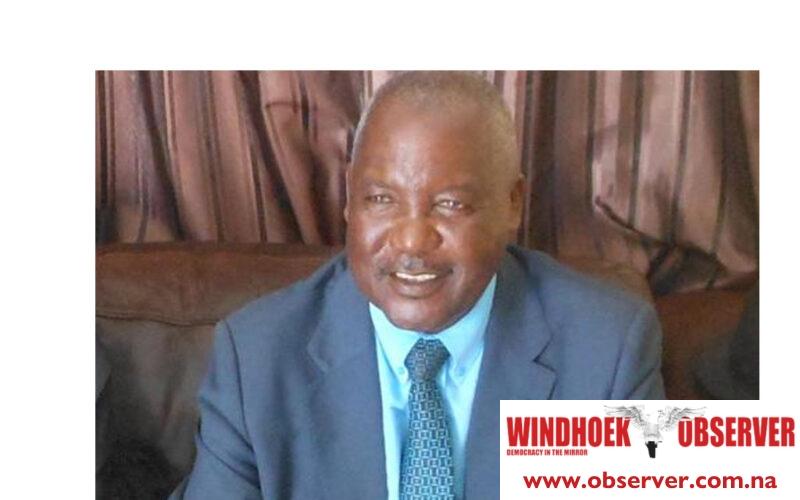Niël Terblanché
Severe storms have left a trail of destruction across the Endola constituency in the Ohangwena Region and Iikokola village in the Oshikoto Region, rendering approximately 200 households homeless and causing extensive damage to property and infrastructure.
The calamity struck on Saturday evening in Endola and continued its devastation into Sunday in Iikokola, uprooting trees, tearing roofs off buildings, and disrupting the lives of many.
In the aftermath of the storm, Endola constituency councillor Ferdinand Shifidi admitted the local and regional councils were taken by surprise, leaving them unprepared for the magnitude of the disaster.
Despite the urgent need for assistance, Shifidi revealed that his office cannot provide immediate aid due to a lack of funds.
A comprehensive assessment is underway, with plans to seek further intervention and support from the governor’s office.
The violent winds spared no one in their path, damaging numerous homes in Onepandaulo village within the Endola constituency.
Fortunately, no injuries were reported, as most residents were not home during the storm.
“We will conduct a thorough assessment and escalate the matter to the governor’s office for further intervention and assistance,” Shifidi stated while stressing a critical need for rapid response to aid the affected families.
Similarly, Iikokola village headman I-Ben Nashandi reported significant destruction in his community, with schools, local shops, and homes severely affected by the storm.
Nashandi called on the community to come together for the reconstruction efforts, cautioning residents against tampering with damaged electrical infrastructure, which poses additional dangers.
While the exact number of homes destroyed in Iikokola remains unknown pending a detailed assessment, the solidarity and resilience of the community have been evident. Nashandi’s appeal for collective action underscores the importance of community support in times of disaster.
As both regions grapple with the aftermath of the storm, the call for assistance and swift action from both local leadership and the broader Namibian community highlights the urgent need for disaster preparedness and response mechanisms to mitigate the impact of such events in the future.




